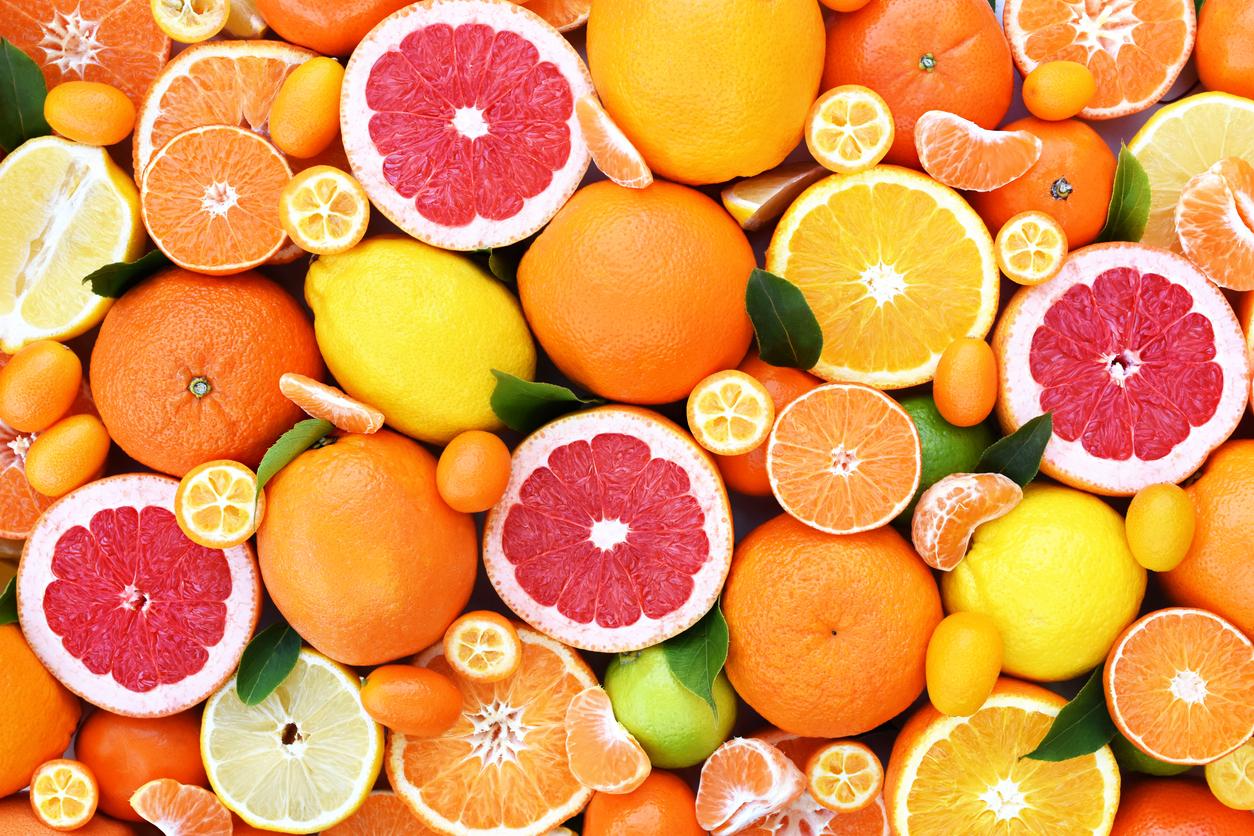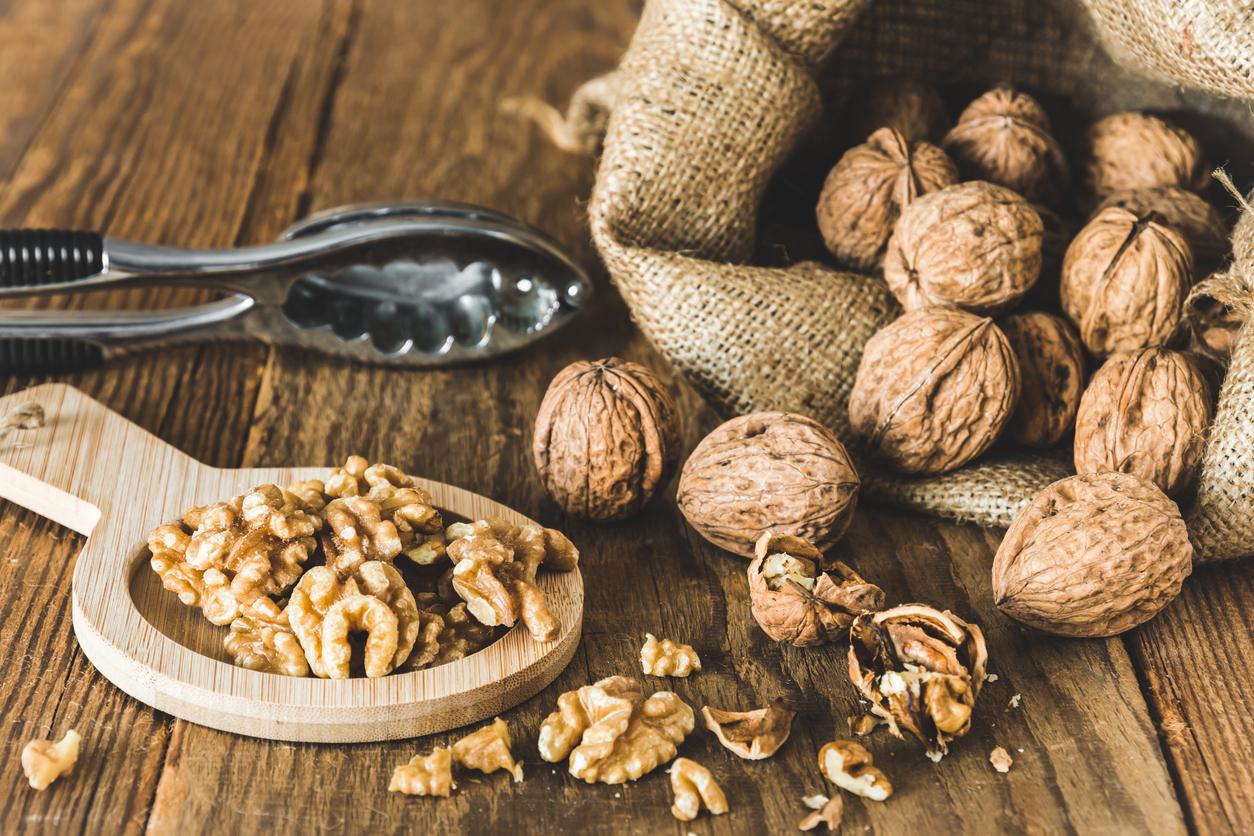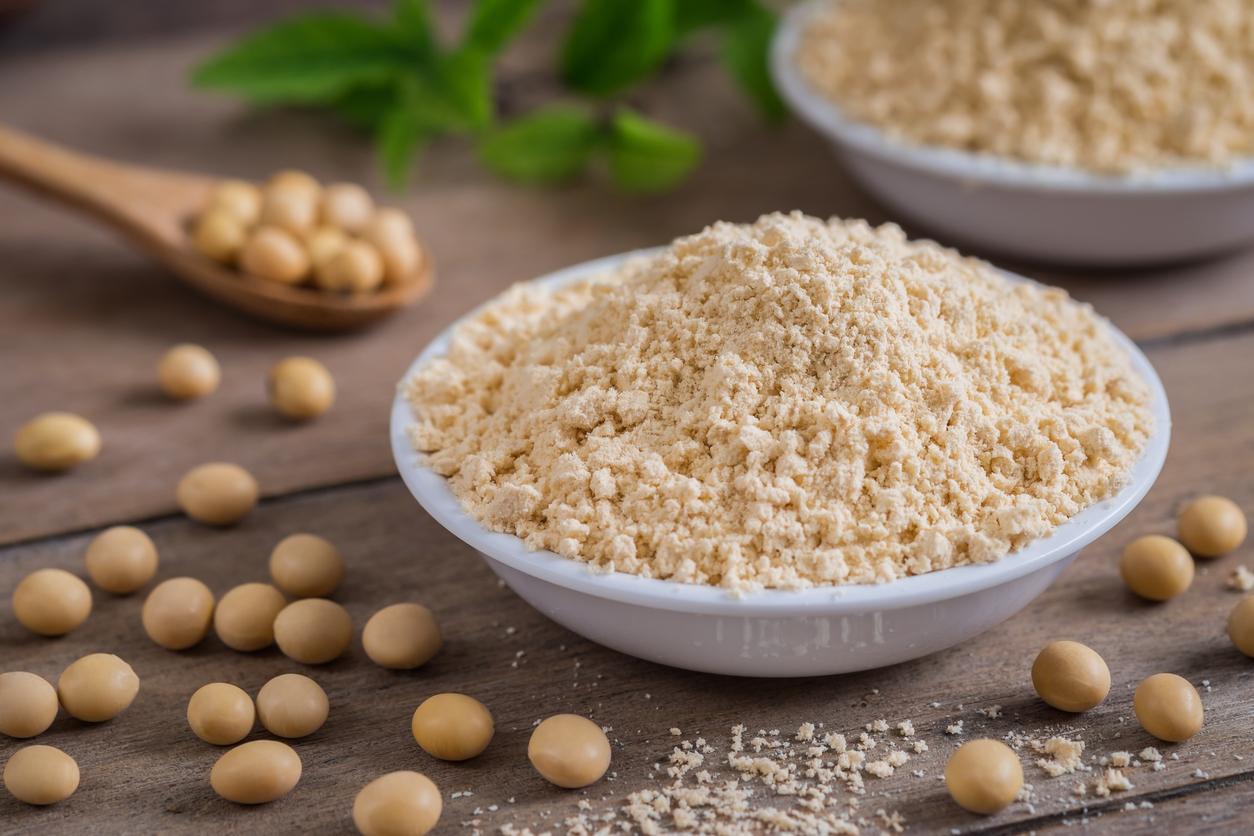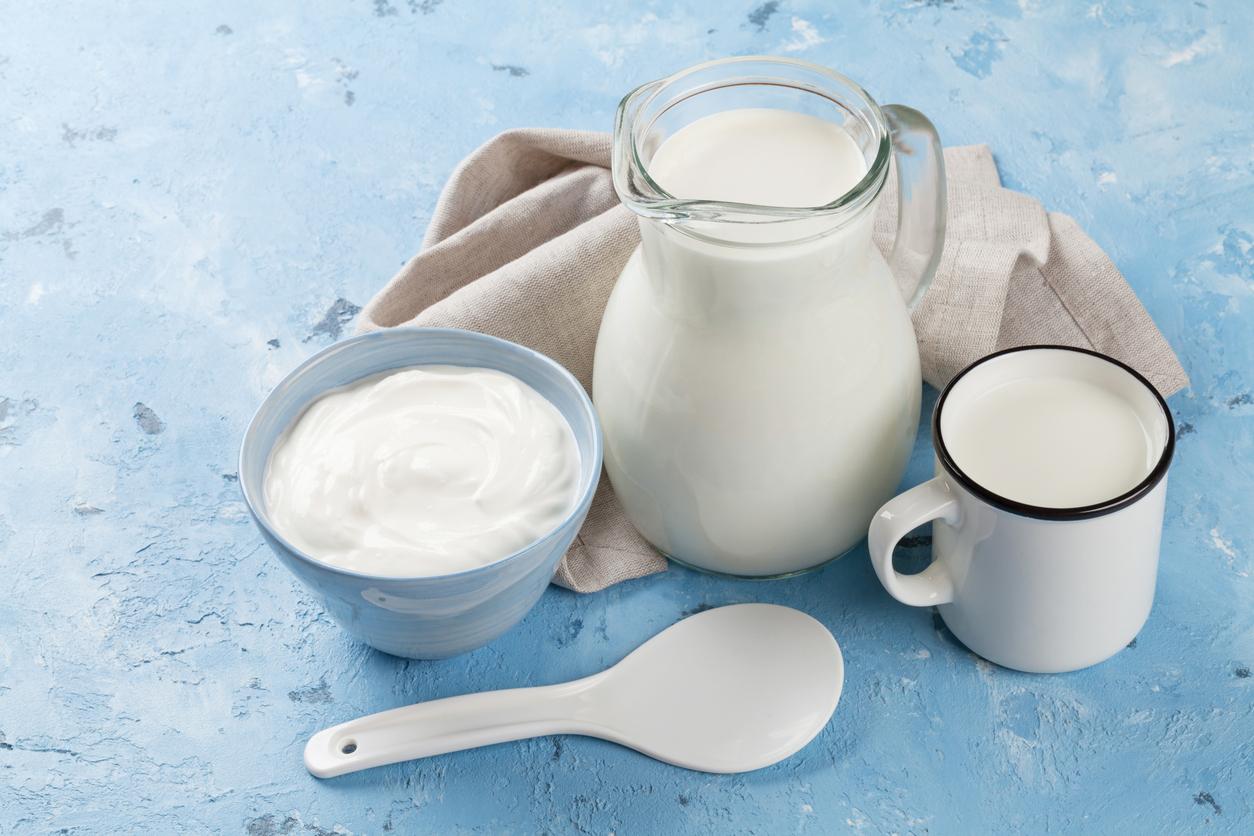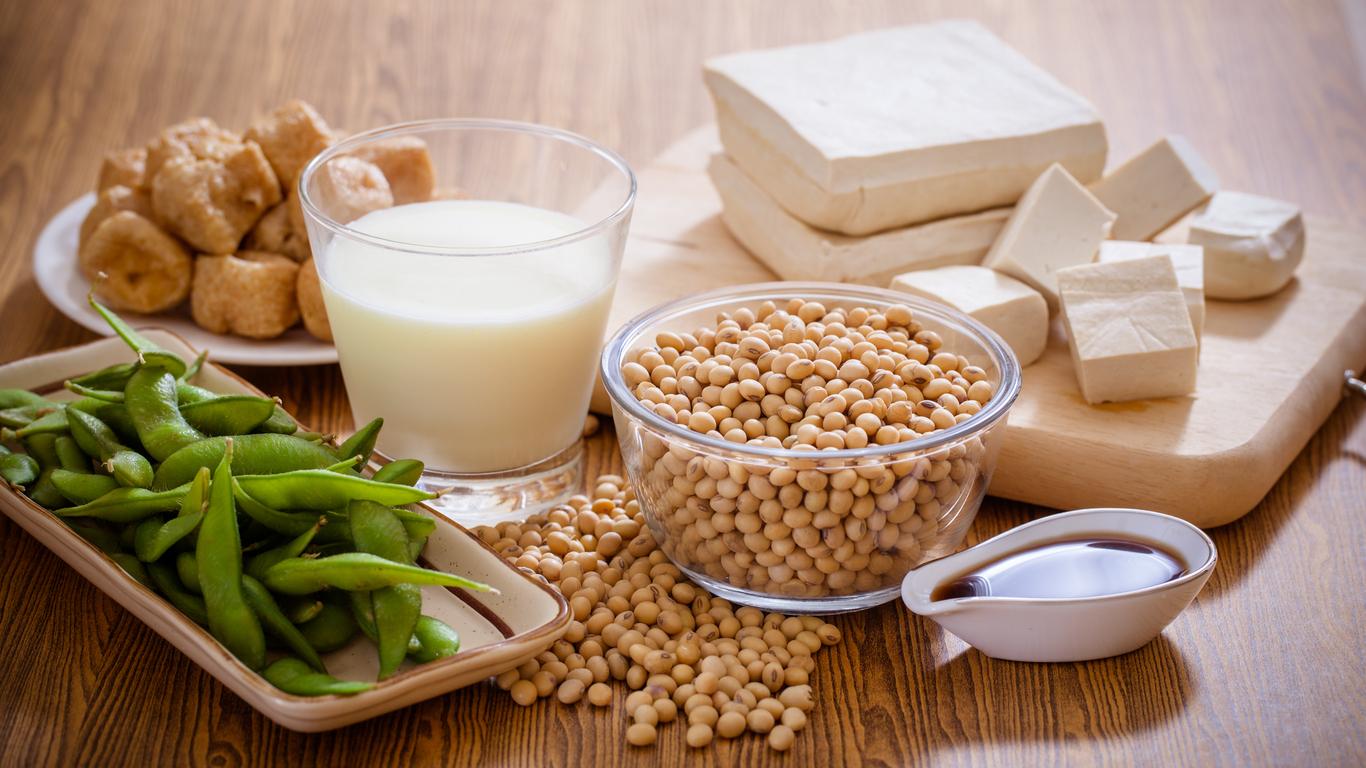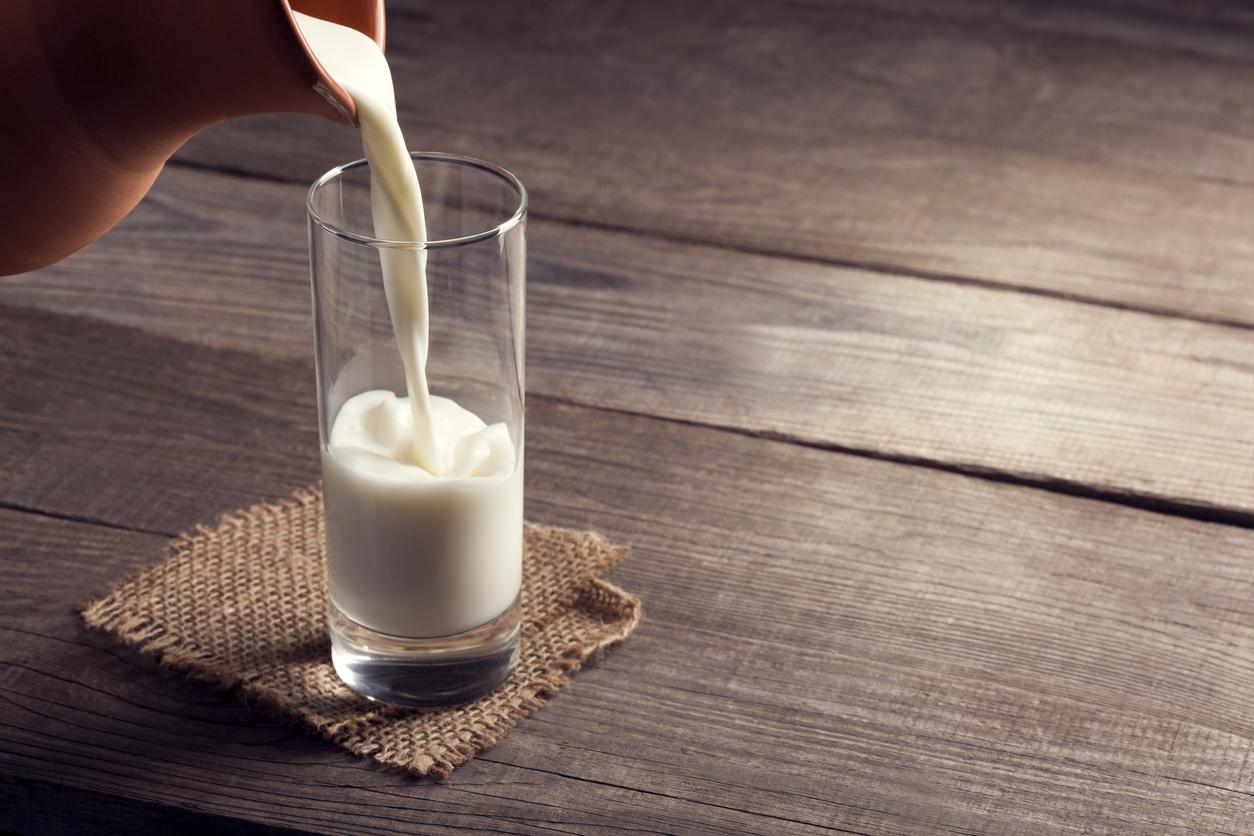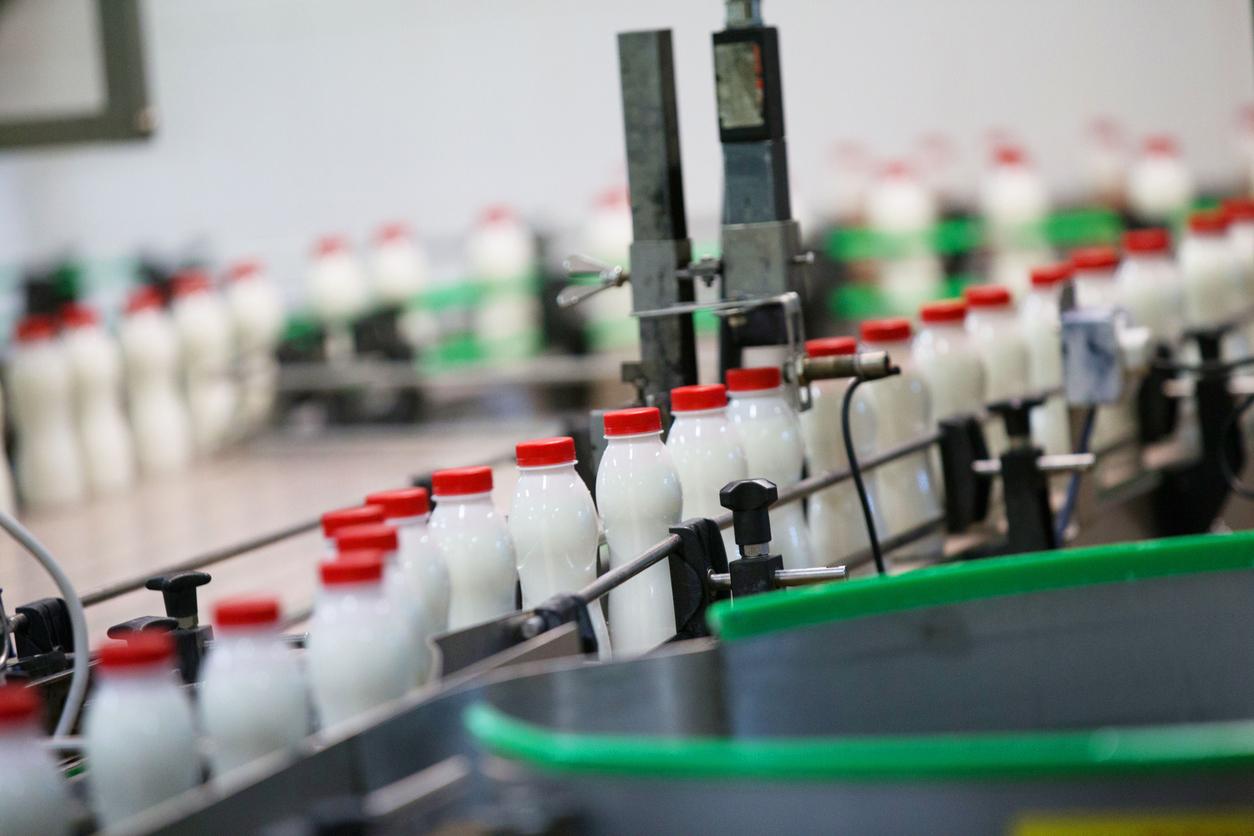Nothing beats breast milk, but after weaning, soy milk might be a better idea than the cow’s milk traditionally served to children. That’s what a study which appeared in the FASEB Journal suggests. Indeed, researchers at the University of Arkansas in the United States have shown a link between the intake of soy protein in childhood and bone health in adulthood.
Soy enjoys a positive health image. Many researches have indeed found benefits against high blood pressure, cancer or metabolic imbalances. Its involvement in bone density has already been shown in postmenopausal women who have integrated soy into their diet. Here, the research focuses on the diet of children.
Act in childhood
The scientists studied the bone density of two groups of rats serving as models of menopause. The former were fed a diet rich in soy protein for thirty days, then switched to a standard diet, while the latter only experienced a traditional diet, without any soy protein. The rats in the first group retain their bone density at six months and do not develop osteoporosis, unlike the second group which did not benefit from the soy protein diet.
This new work suggests that we could act from childhood with a beneficial effect years later. The results will however have to be confirmed in humans before being fully validated and leading to any nutritional recommendations.
Also to read
Osteoporosis: an experimental treatment for bone density
Soy would boost fertility treatments
Soy, an anti-cancer ally




